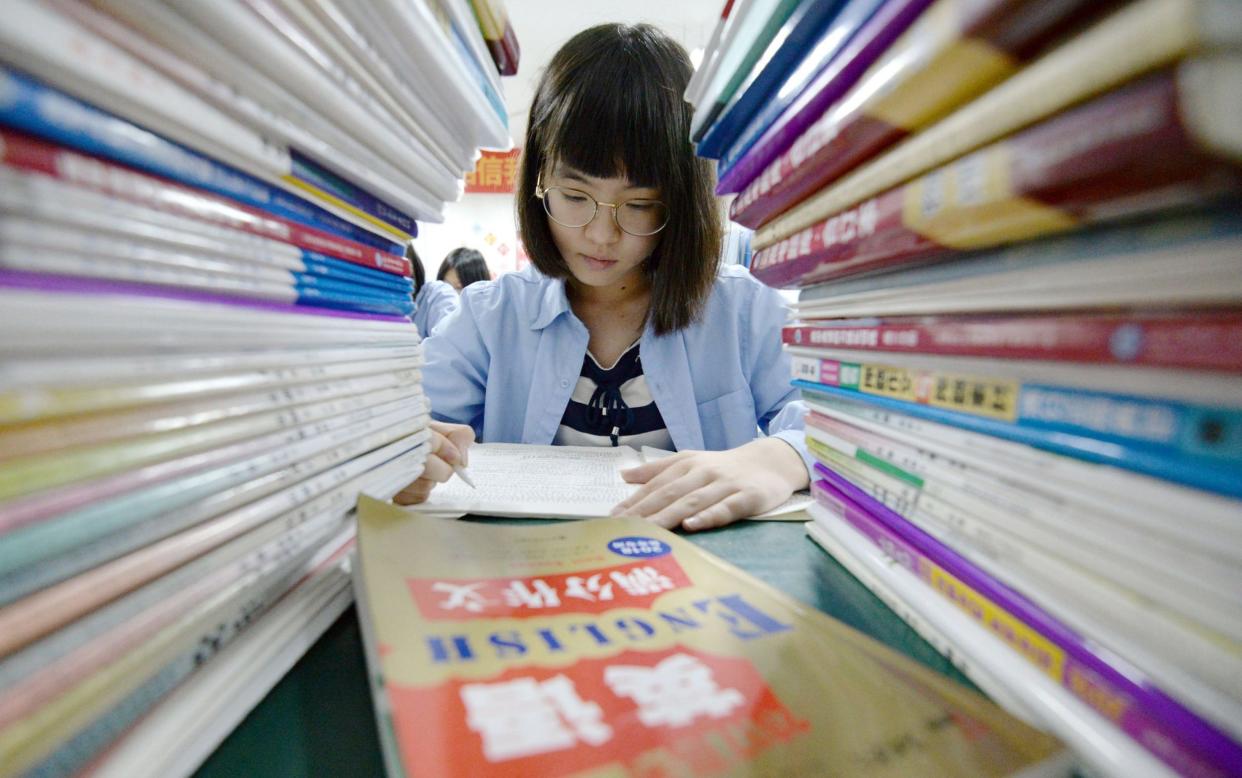The ‘brainless’ policy introduced in China to reverse its low birth rate

Younger siblings will have their exam results boosted as part of a raft of unusual incentives to encourage Chinese families to have more children.
The new policies, which are meant to reverse a record-low birth rate, go beyond more traditional benefits like better parental leave to include cuts in tuition fees and skewing exam results to favour families with more than one child, drawing criticism for creating an unfair educational system.
The measures follow a call from the country’s Population Monitoring and Family Development authorities for local leaders to find ways to boost China’s birth rate, which was reported in January to have fallen for the first time in 60 years, at just 6.77 births per 1,000 people.
The country’s strict one-child policy from 1980 to 2015, under which parents could be fined or lose their jobs for having more children, has been blamed for the decline.
In an effort to try to reverse the impact, one local government in Zezhou county, northern Shanxi province has suggested that students born as the second or third child after January 30, 2013, will automatically have 10 extra points added to their total grades for high school entrance exams.
'Devilish measure'
News of the policy received over 120 million views in less than 48 hours and prompted a backlash on social media platform Weibo, the “What’s on Weibo?” website reported this week.
It cited one popular legal blogger, called “Lawyer Zhuang Zhiming” as calling it a “devilish measure” that contradicted the basic spirit of education equality.
“How did such a brainless policy come about?” he asked.
Other comments seen by The Telegraph were fiercely critical, with several focusing on the lack of desire to have children at all.
“It’s unbelievable, 10 points for the second and third child, haven’t you figured out the real problem? The problem now is that we don’t want to have the first child,” said one commentator.
“As long as I do not give birth to children, these stupid policies have nothing to do with me,” said another.
Another policy in Weifang, Shandong province, where families will not have to pay for tuition fees for the third child at high school, drew a similar scathing response, reported the South China Morning Post.
Xiong Bingqi, director of the 21st Century Education Research Institute, said both schemes and any policy that involved “differential treatment” of children “would only make matters worse”.
He added: “The point is that many couples are not even willing to have one child. To ease their concerns in education, the key is improving equality.”

 Yahoo News
Yahoo News 
